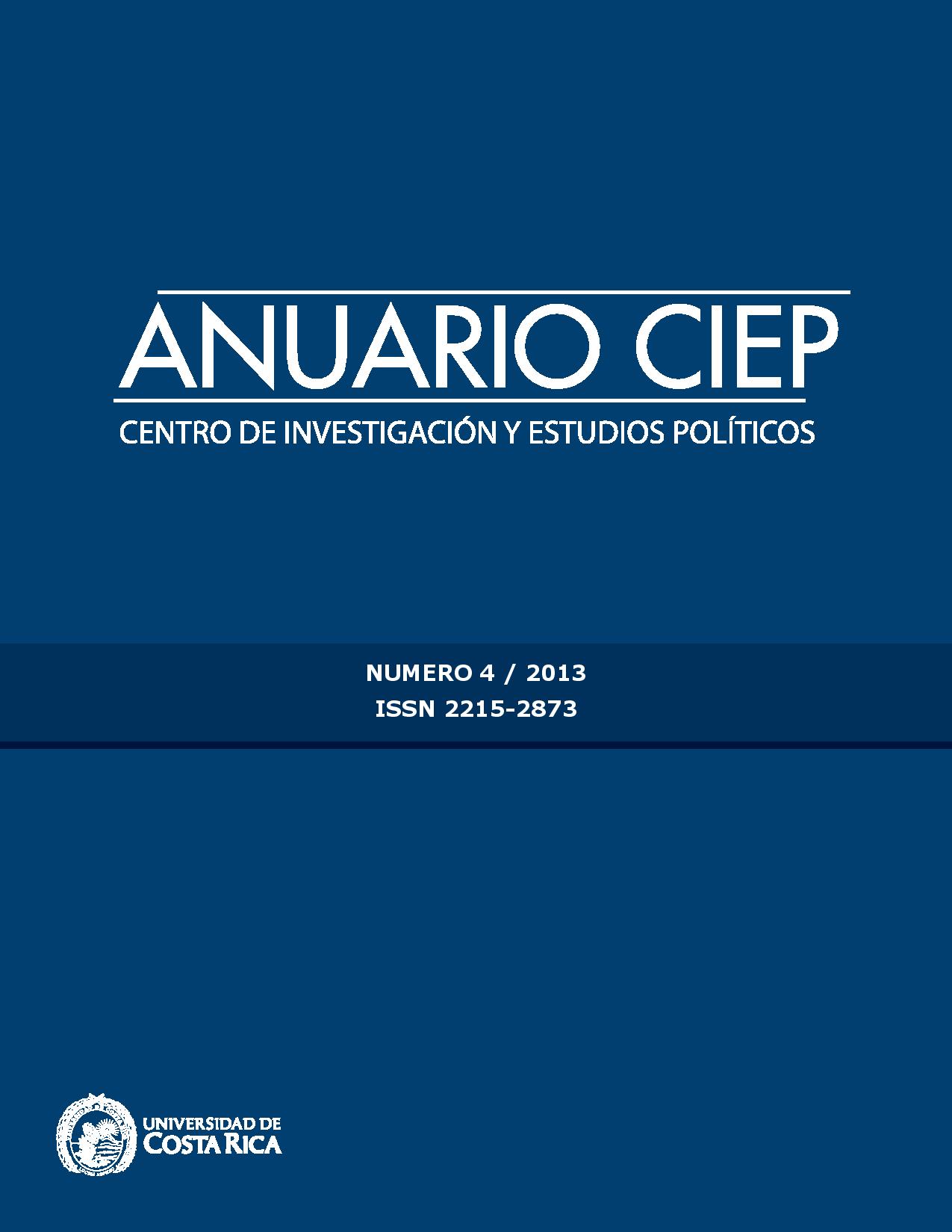Abstract
This paper describes an analytical model intended to explain and/or predict the possible success or failure of public policies. Given that is more difficult to define the context of public actions, this model proposes that actors’ characterization involved in potential solutions is a key input to understand policies. Assessing actors’ veto power and support provides quantitative indicators such as feasibility and legitimacy for a given policy. The model was applied to analyze some digital government cases on Costa Rica and Chile. In this article state procurement projects in both countries are shown to illustrate the potential of the model.

